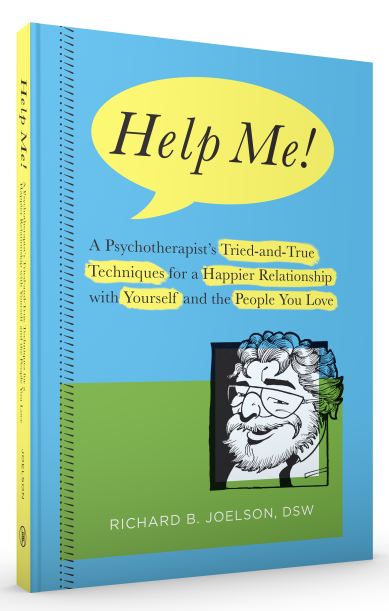There is a natural tendency to back away from things or situations that create tension. When someone suffers from anticipatory anxiety – whether it be a single episode or a form of chronic anxiety – avoidance may provide temporary relief, but not help overcome the source of the fear. Supportive friends and family often assist the sufferer in his or her efforts to avoid the source of distress wherever possible. Sometimes avoidance is seen as a reasonable response, i.e. if you can reduce or eliminate anxiety reactions by avoiding the feared object or situation, why not do so? This works adequately when the object of anxiety is easily avoidable for most people, e.g. snakes and spiders or public speaking. Not so, when avoidance is unrealistic, as in fear of heights, elevators, flying, dogs, etc.
One of the treatment options is called exposure therapy. This involves exposure to the fearful stimulus in a safe and controlled setting; frequently, the therapist's office. The patient is subjected to the fearful stimulus as part of the therapeutic process. One simple form of exposure therapy is that of flooding, where exposure is gradually increased until the person is immersed in the fearful situation. Gradually the anxiety recedes and the fear itself fades away. This method of treatment is not for everyone, but for some, it can be very effective. It is the classic form of overcoming a fear; handling rather than avoiding. Another therapeutic intervention that promotes managing a fear is modeling. In modeling, the client observes others (the "models"), who are responding in a relaxed way when in the presence of the fearful stimulus. The client is encouraged to imitate the model(s) and thereby r educe their avoidant response to the fear.
Claire entered therapy for a variety of problems, but her fear of riding in elevators was her greatest concern and the first issue she wished to tackle in therapy. Her fear has been present for several years and she believed it to be traceable to a friend's experience of being stuck in an elevator for over an hour in a New York City building. The friend shared her frightening experience in graphic detail and Claire said "I haven't been the same since." Claire's handling of this fear consisted primarily of avoidance, e.g. walking up and down 22 flights of stairs to her office in a Manhattan skyscraper, living in a three-story brownstone building, staying in hotels with escalator access to low-floor rooms, etc. Exposure treatment, which involved Claire and I spending many sessions near an elevator and eventually in it, while initially overwhelming for her, eventually worked. She successfully tolerated her anxiety which gradually diminished with repeated exposure. After years of avoidance, Claire felt the predictable empowerment of having truly overcome a fear by achieving mastery, rather than just "getting by" via the stressful and extraordinarily limiting avoidance of elevators.
There are countless conflict situations that require a direct approach and the courage to confront, rather than avoid, besides situations like Claire's. Where appropriate, clients find ways to handle the difficulties that they are confronting in their lives, rather than seek relief by avoiding them.
One of the important objectives of therapy for many people is to learn effective ways of handling the difficult and complex challenges of life. Whether asking for a raise from a stern boss, discussing a grievance with a romantic partner, or avoiding other situations that create anxiety, directly handling matters will always be a more effective response than avoidance as a coping strategy.
